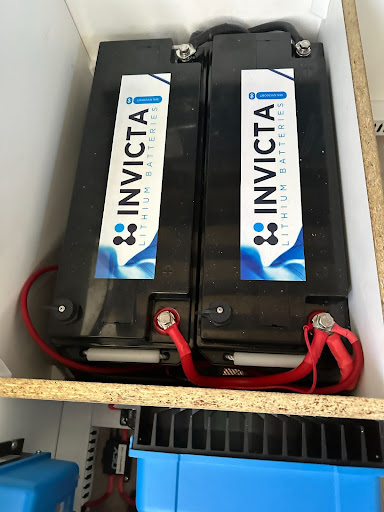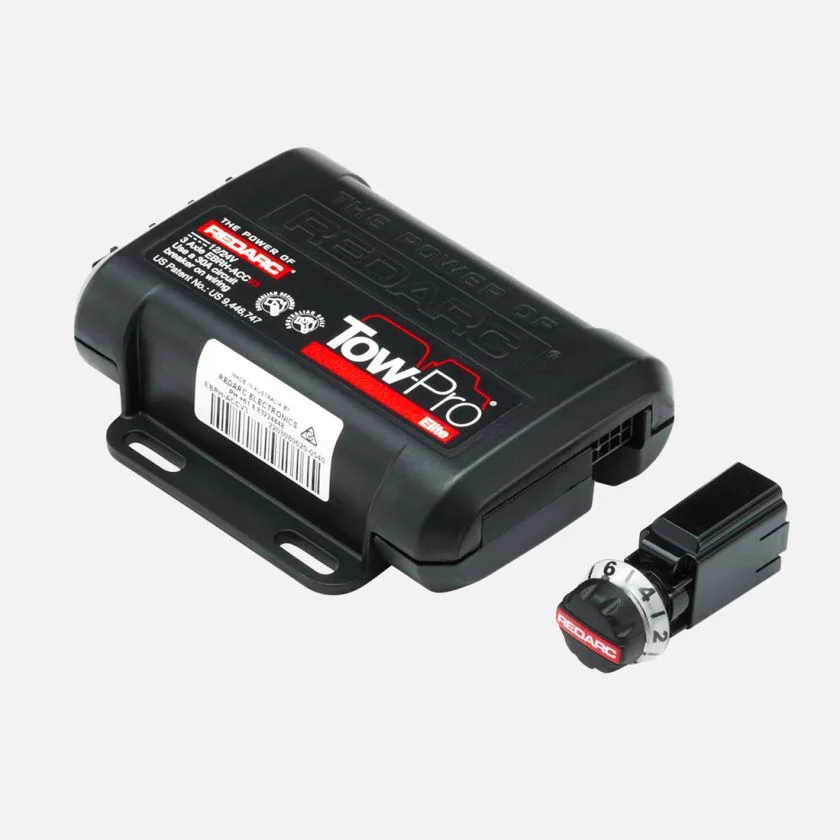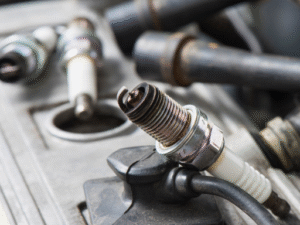
How to Avoid Starting Issues on Cold Mornings (Especially in Older Vehicles)

Cold Start Problems | Battery Health | Vehicle Maintenance
There’s nothing worse than hopping into your car on a frosty morning, turning the key, and hearing nothing but a slow crank—or worse, silence. Cold start problems are a common frustration, especially for older vehicles. The good news? With a few simple habits and checks, you can avoid the stress and delays that come with a reluctant engine.
Why Cold Starts Are Tough on Your Car
On chilly mornings, everything under your bonnet works a little harder. Cold temperatures slow the chemical reactions inside your car’s battery, thicken engine oil, and reduce fuel vaporisation—all of which make starting more difficult.
Older vehicles feel the impact even more. Their batteries might be weaker, ignition systems may be worn, and any existing maintenance issues are magnified in colder weather.
Keep Your Battery in Good Shape
Your battery is the heart of every cold start. Cold temperatures can drop a battery’s output significantly, which is why many no-start issues are battery-related.
Have your battery tested regularly, especially if it’s more than a couple of years old. Look for signs like dim headlights, slow engine cranking, or an illuminated battery light on your dash.
Clean terminals and tight connections also help ensure full power delivery. Corrosion or loose cables can interfere with the charge. A battery in poor condition won’t just struggle to start your car—it can leave you stranded.
If your vehicle stays outdoors overnight, consider using a battery blanket or parking in a garage to protect it from extreme cold.
Use the Right Engine Oil
Engine oil thickens when it’s cold, making it harder for the engine to turn over. Using oil with the correct viscosity for winter conditions helps the engine crank more easily and protects internal components from cold-start wear.
Check your owner’s manual or ask a technician to confirm the right oil for your engine and climate. And if your oil is overdue for a change, don’t put it off—dirty or old oil is even more sluggish in cold weather.
Fix Ignition and Fuel Issues Early
Older cars are more prone to worn ignition parts—like spark plugs, leads, or distributor caps. When these components start to fail, they often show their worst behaviour in cold, damp weather.
Rough idling, misfires, or difficulty starting in the morning may all point to ignition issues. Fuel system problems—like weak fuel pumps or clogged injectors—can also make cold starts more difficult. If your car consistently struggles when temperatures drop, it’s time for a full inspection.
Regular servicing catches small problems before they become major cold-start headaches.
Helpful Habits on Cold Mornings
-
Turn off lights, radio, and accessories before shutting down at night—this reduces battery load the next morning.
-
Don’t crank the engine continuously for long periods. If it doesn’t start within a few seconds, wait a moment and try again.
-
Let the engine run for a short time before driving off. This allows oil to circulate fully, especially in older engines.
Don’t Let Cold Starts Disrupt Your Day
With a bit of attention to battery health, oil quality, and ignition performance, you can beat the chill and get moving without frustration.
If your vehicle is showing signs of cold start problems, Sandgate Auto Electrics is here to help. We specialise in diagnostics, battery replacement, and vehicle maintenance—so you can drive with confidence, whatever the weather.
📞 Call us: 07 3269 3158
📍 Visit: 101 Connaught Street, Sandgate QLD 4017
📧 Email: mail@sandgateautoelectrics.com.au
Book your check-up today and make cold mornings easier to handle.
Useful Resources:


How to Choose the Right Electric Brake Controller for Towing – Sandgate Auto Electrics Guide




